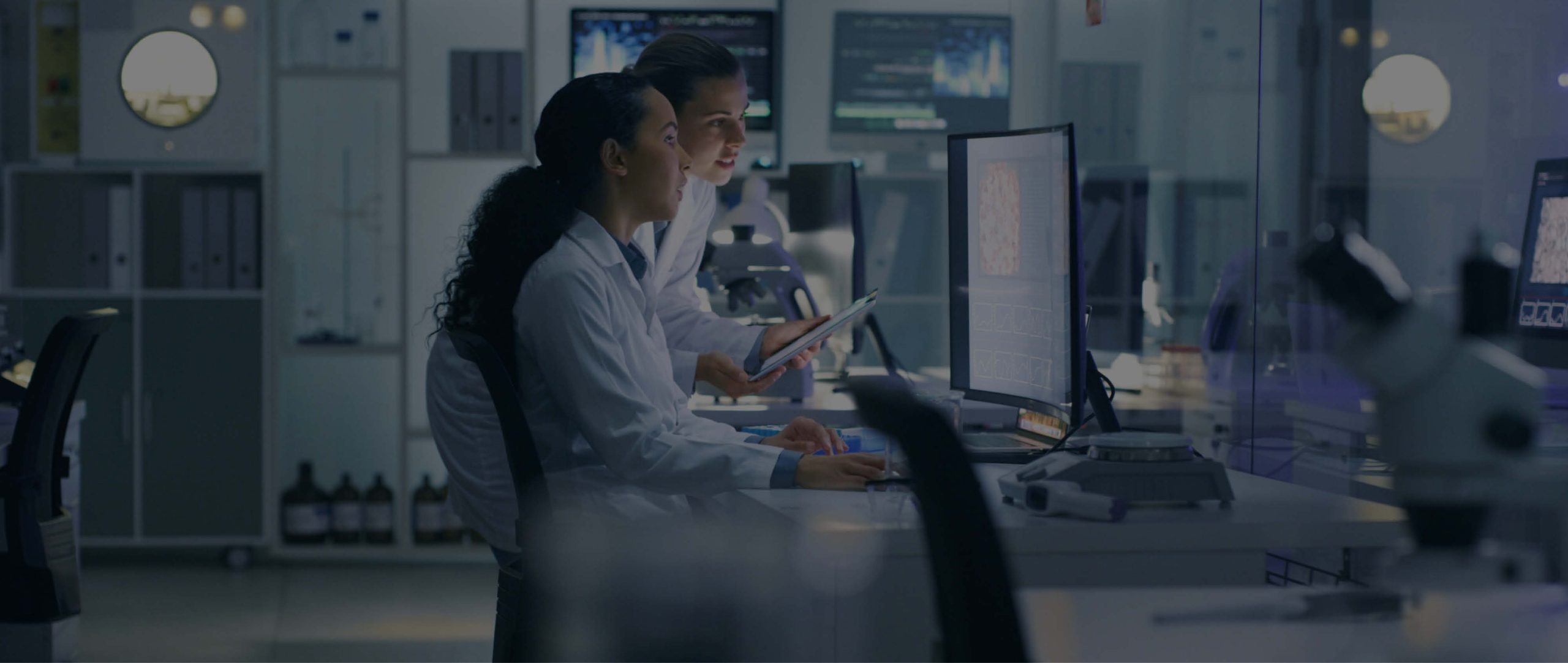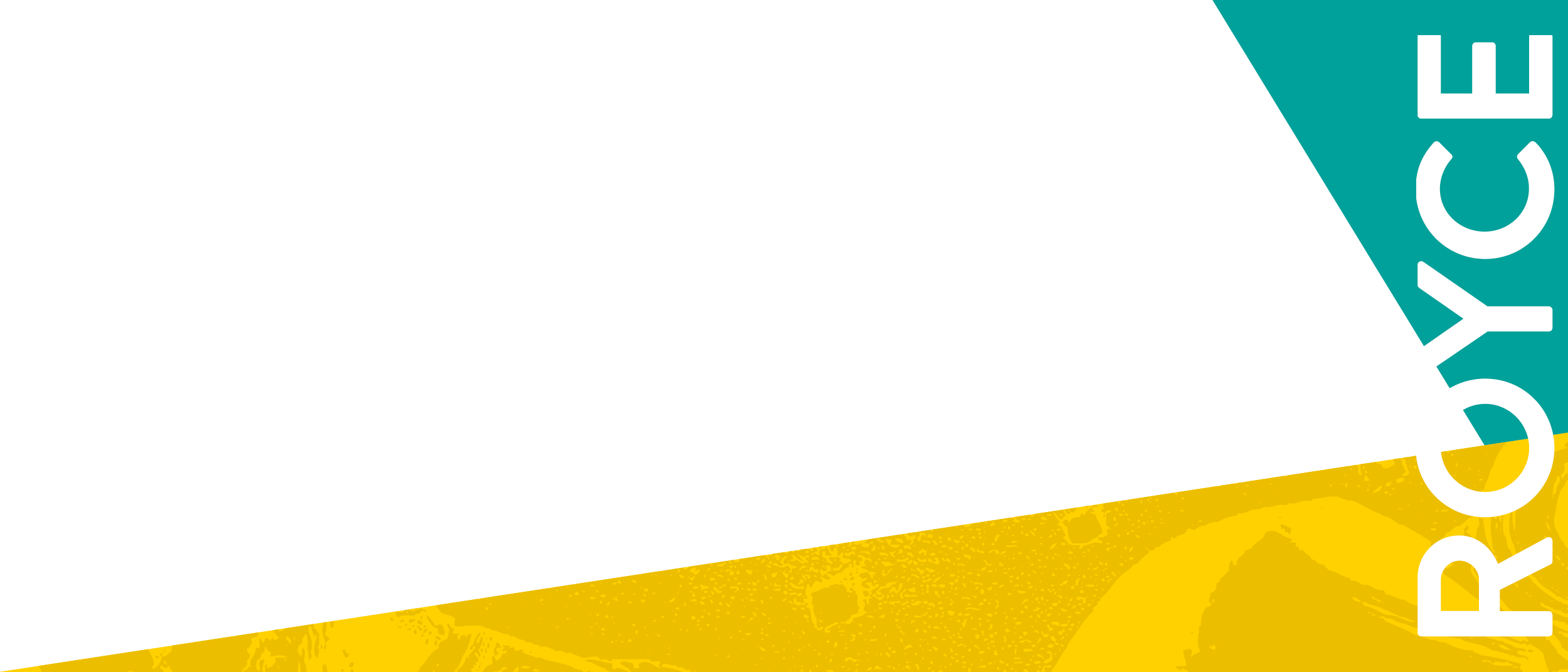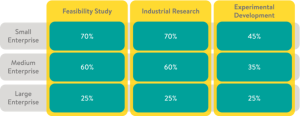



Industrial Collaboration Programme
Each year, Royce’s Industrial Collaboration Programme offers grant funding for research, development and innovation sprint projects that address key national materials challenges. The programme also facilitates collaboration between businesses and universities/research and technology organisations.
Home / Royce Industrial Collaboration Programme (ICP)
About ICP Round 5
The Henry Royce Institute for Advanced Materials is offering grant funding for research, development, and innovation sprint projects.
Universities, research and technology organisations and companies can apply for funding of total project costs between £50,000 and £130,000 for exploring innovative ideas with a focus on technology translation. A maximum of 3 organisations may collaborate on each project. These awards are not offered to support fundamental research projects.

Applications to ICP5 Closed Monday 12 May 2025.
Projects are expected to start by Wednesday 1 October 2025 and Royce-funded project expenditure must be completed by Saturday 28 February 2026.
Further details can be found in the guidance document and FAQs.
The Royce Research and Business Engagement team is available to discuss potential project ideas, particularly from businesses unfamiliar with expertise and capabilities across Royce. Please contact them via grants@royce.ac.uk
Scope Areas
Sustainable Materials Innovation
- Materials innovations to support sustainability across the foundation industries (cement, metal, glass, chemicals, polymers, paper and ceramics sectors), including design, production, use, and end-of-life considerations
- Resource efficiency and scarcity: Innovations in materials use and recycling to address the scarcity of critical minerals and reduce dependence on limited resources
Extending Life of Major Assets through Materials Science
- Performance enhancement and degradation mitigation: Development of surface treatments, coatings or repair strategies to enhance or extend lifespan of large infrastructure assets
- Smart infrastructure management: Solutions that enable structural material health modelling (prediction), measurement and monitoring
Advanced Materials for next generation Quantum and Semiconductor Devices
- High-frequency telecommunications, sensing and power electronics
- New functionalities, heterogeneous integration, and metamaterials
- Thin film development for low-power electronics
Energy Materials and Green Hydrogen Technologies
- Materials for production, storage, transport, and utilisation of hydrogen in gaseous and liquid form
- Advanced energy materials: Energy harvesting, storage and conversion technologies for efficient, scalable solutions
- Energy Materials and Green Hydrogen Technologies
Material innovations in healthcare:
- Materials for medical applications that interface effectively with biological systems to realise a healthier population
Cross-cutting capabilities:
- We encourage translation of digital methods within the above areas leveraging Materials 4.0 approaches which may combine with advanced experimental methods e.g.:
- Accelerated materials design: Leverage simulations, modelling, artificial intelligence (AI), machine learning (ML) and large language models (LLMs) to predict behaviour and optimise properties, reducing experimental reliance.
- Smart manufacturing of materials: Utilise digital twins, data-driven control, and automation to optimise processes and enhance efficiency.
- Data-driven discovery: Applied artificial intelligence (AI), machine learning (ML) and/or large language model (LLM) for materials informatics to accelerate discovery and analysis of data.
- Modelling capabilities: Predict and explain material behaviours to accelerate the design of new materials.
- Simulation capabilities: Develop rapid (real-time) simulation methods, including data driven and surrogate models, to support development of digital twins to mirror physical processes.
- It is the responsibility of the applicants to explain how their application aligns with the scope areas.
Eligibility
Your project team is expected to:
- Include at least one business and at least one university or RTO
- Able to start from Wednesday 1 October 2025 at the latest
- Complete all Royce-funded activity by Saturday 28 February 2026
- Carry out its project work in the UK
- Intend to exploit the results from or in the UK
- Incur all Royce funded costs within the project’s duration
- Be a new project or activity that has not already started
To collaborate or lead, you must be one of the following:
- Higher Educational Institutes and Universities (HEIs)
- Research and Technology Organisation (RTO)
- Charity or not for profit organisation
- Business of any size
UK-registered companies may participate and claim funding. International companies are eligible for participation but cannot claim funding.
How to apply
PRE-APPLICATION DISCUSSION
Applicants are encouraged to start exploratory discussions on proposed projects, identifying collaborators, specifying the scope of a proposed project and identifying resources required for delivery.
We would also advise applicants who are interested in using Royce facilities as part of their project to contact the Research and Business Engagement Team to check costs and availability grants@royce.ac.uk.
SUBMITTING YOUR APPLICATION
You must apply using the online application form and we recommend you start your application early. Before completing this application form, please ensure you have had confirmation from your institution of the project costings. If a project partner does not wish to claim grant funding or wishes to provide in-kind or cash contribution towards the total project costs, it should outline this on a company letterhead document signed by a senior company official. These additional in-kind or cash costs do not count towards the total £130,000 project costs limit and will be required to be included in the contractual collaboration agreement, which must be signed between project partners. There must be at least one HEI/RTO and one industry partner collaborating to be eligible for funding.
Consortia that are awarded funding must agree to have a collaboration agreement in place prior to the project commencing. Although these need to be agreed between the project partners, our expectation is that each party will own IP developed within its respective work packages. Deviation from this clause may result in delay or withdrawal of your grant. No project funds will be released until a collaboration agreement is in place.
DEADLINE
Royce must receive applications by Monday 12 May 2025 at 17:00. You will not be able to apply after this time.
HOW WE WILL ASSESS YOUR APPLICATION
Your application will be confidentially shared with, and scored by an independent panel made up of experts in the field from industry and academia, and moderated by an internal Royce panel.
Any applications deemed out of scope will be rejected. Royce will provide all applicants with feedback.
Funding Models
Funding Model for companies
Companies can claim a grant equal to a percentage of their total project costs. The percentage can be found according to the following table:

Fundamental research projects are ineligible for funding.
At its discretion, Royce will determine and change the classification of the research project if it finds them unsuitable.
Funding Model for universities, RTOs and non-profits
Academic, non-profit, and research and technology organisations undertaking non-economic activity can obtain a grant equal to:
- 80% of their project costs if using Full Economic Costs (FEC) or
- 100% of project costs for RTO, charity and not-for-profit organisations conducting non-economic activities
Resources
Downloads
Historic Resources
Timeline
17 March 2025: Call opens
19 March 2025: Briefing event
12 May 2025: Competition closes
14 July 2025 (W/C): Applicants notified
01 October 2024: Projects start
Terms and Conditions For Funding
This competition provides funding in line with the Subsidy Control Act 2022. Further information about the Subsidy requirements can be found within the Subsidy Control Act 2022
If you are unsure about your obligations under the Subsidy Control Act 2022 or the State aid rules, you should take independent legal advice. We are unable to advise on individual eligibility or legal obligations. You must always make sure that the funding awarded to you is compliant with all current Subsidy Control legislation applicable in the United Kingdom.
Royce is unable to fund high risk organisations and applications will be subject to financial and due diligence checks.
Industry partners are required to submit an independent accountant’s report for claims over £50,000. Any claims under £50,000 require a signed Director’s statement of expenditure.
Further information about the grant award process is available in the claims guidance document and case studies of previous projects can be found on our impact pages.
